Climate Action: A Progressive and a Conservative Find Common Ground
Subscribe to the Podcast
Can progressives and conservatives find common ground on climate change?
Environmental activist and author Bill McKibben warned the public about the perils of climate change and the damage human activity is causing more than forty years ago.
Former South Carolina Republican Congressman Bob Inglis became a climate activist much later, but he is no less passionate. Both differ on politics and who to vote for, but they agree on the goal of sharply reducing carbon emissions as soon as possible.
Inglis and McKibben join us for this episode of “Let’s Find Common Ground.” They sound the alarm for urgent action.
Bob Inglis is a conservative Republican and a committed believer in free enterprise capitalism and limited government. He’s executive director of RepublicEN.org, a conservative group that advocates for solutions to climate change.
Bill McKibben is a writer and teacher who has dedicated his life to stopping the climate crisis. He has written a dozen books about the environment, is a distinguished scholar at Middlebury College, and leads the climate campaign group 350.org. Last year Bill launched Third Act, a new campaign aimed at engaging activists over the age of 60.
Read the Episode Transcript
Ep 61 – Climate Action: A Progressive and a Conservative Find Common Ground
Bill McKibben
Bill McKibben is a contributing writer to The New Yorker, and a founder of Third Act, which organizes people over the age of 60 to work on climate and racial justice. He founded the first global grassroots climate campaign, 350.org, and serves as the Schumann Distinguished Professor in Residence at Middlebury College in Vermont. In 2014 he was awarded the Right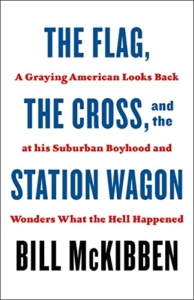 Livelihood Prize, sometimes called the ‘alternative Nobel,’ in the Swedish Parliament. He’s also won the Gandhi Peace Award and honorary degrees from 19 colleges and universities. He has written over a dozen books about the environment, including his first, The End of Nature, published in 1989, and the forthcoming The Flag, the Cross, and the Station Wagon: A Graying American Looks Back at his Suburban Boyhood and Wonders What the Hell Happened.
Livelihood Prize, sometimes called the ‘alternative Nobel,’ in the Swedish Parliament. He’s also won the Gandhi Peace Award and honorary degrees from 19 colleges and universities. He has written over a dozen books about the environment, including his first, The End of Nature, published in 1989, and the forthcoming The Flag, the Cross, and the Station Wagon: A Graying American Looks Back at his Suburban Boyhood and Wonders What the Hell Happened.
Bob Inglis
Bob Inglis is the Executive Director of republicEn.org. He was elected to the U.S. Congress in 1992, having never run for office before. He represented Greenville-Spartanburg, South Carolina, from 1993-1998, unsuccessfully challenged U.S. Senator Fritz Hollings in 1998, and then returned to the practice of commercial real estate law in
Greenville, S.C. In 2004, he was re-elected to Congress and served until losing re-election in the South Carolina Republican primary of 2010.
In 2011, Inglis went full-time into promoting free enterprise action on climate change and launched the Energy and Enterprise Initiative (“E&EI”) at George Mason University in July 2012. In the fall of 2014, E&EI rebranded to become republicEn.org.
republicEn is a growing grassroots community of over 10,000 Americans educating the country about free-enterprise solutions to climate change. The organization is a 501(c)(3) operation hosted at the George Mason University Foundation and educates, recruits, and organizes conservative voices for action on climate change.
For his work on climate change, Inglis was given the 2015 John F. Kennedy Profile in Courage Award. He appears in the film Merchants of Doubt and in the Showtime series YEARS of Living Dangerously (episodes 3 and 4), and he’s spoken at TEDxBeaconStreet and TEDxJacksonville.
Inglis was a Resident Fellow at Harvard University’s Institute of Politics in 2011, a Visiting Energy Fellow at Duke University’s Nicholas School of the Environment in 2012, and a Resident Fellow at the University of Chicago’s Institute of Politics in 2014.
Inglis grew up in the Lowcountry of South Carolina, went to Duke University for college, met and married his college sweetheart, graduated from the University of Virginia School of Law, and practiced commercial real estate law in Greenville, S.C., before and between his years in Congress. Bob and Mary Anne Inglis have five children (a son and four daughters). They live on a small farm in northern Greenville
County, South Carolina.
Want to hear more? Check out our podcast page to see all the discussions!

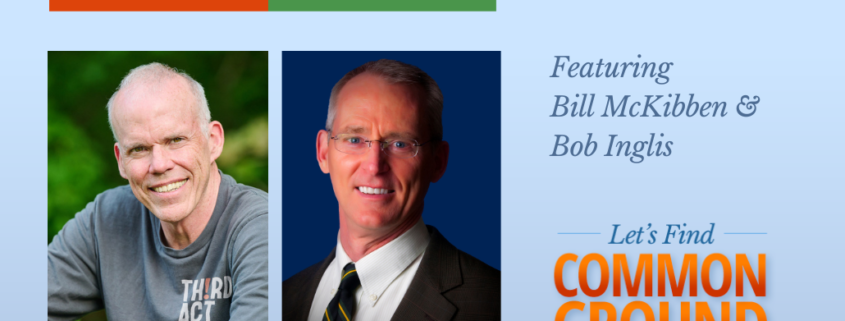
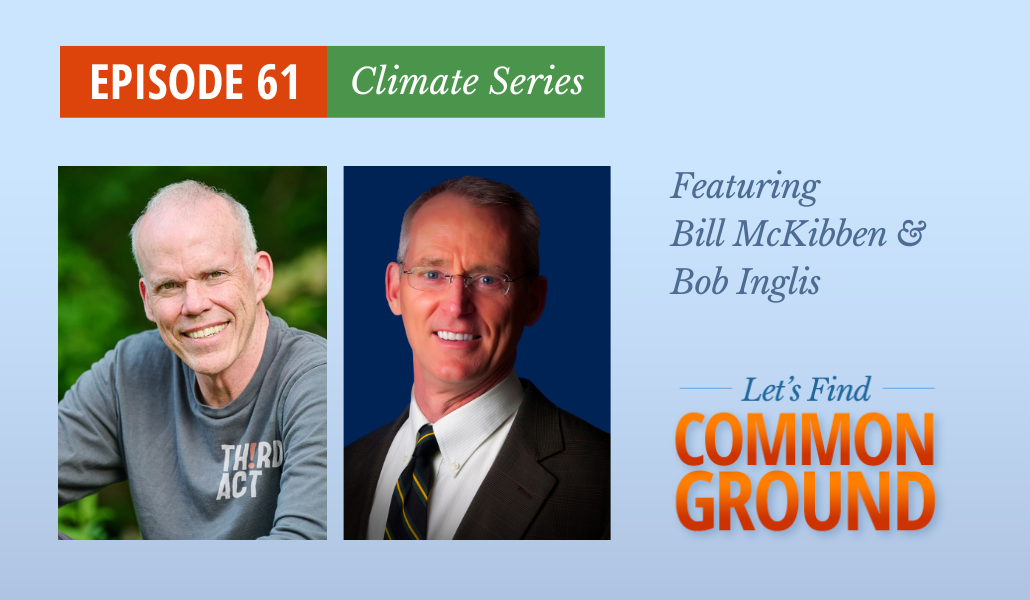





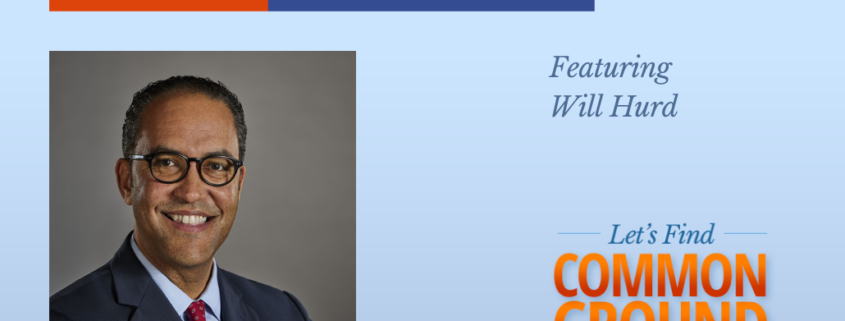
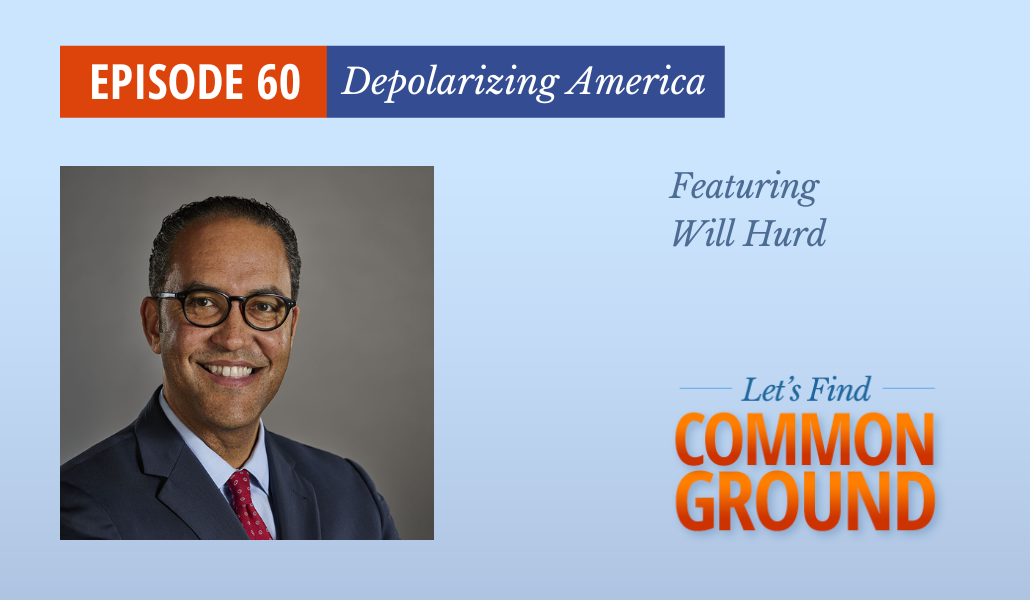
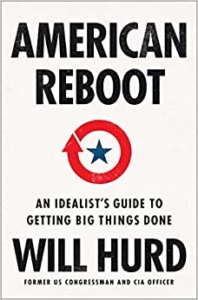
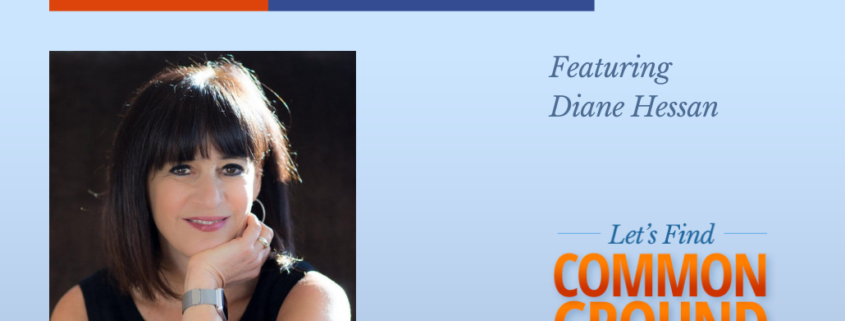
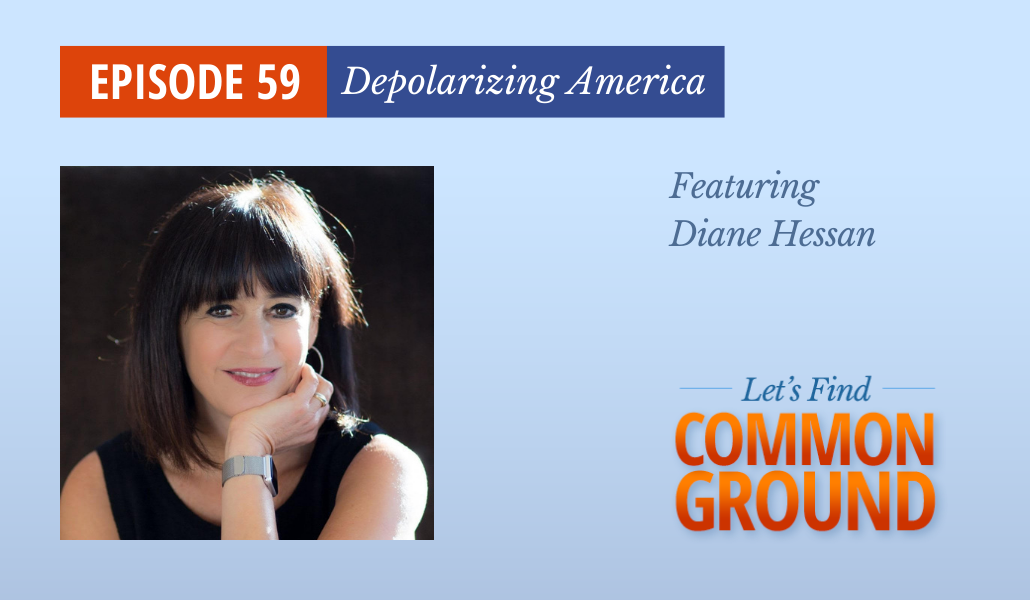

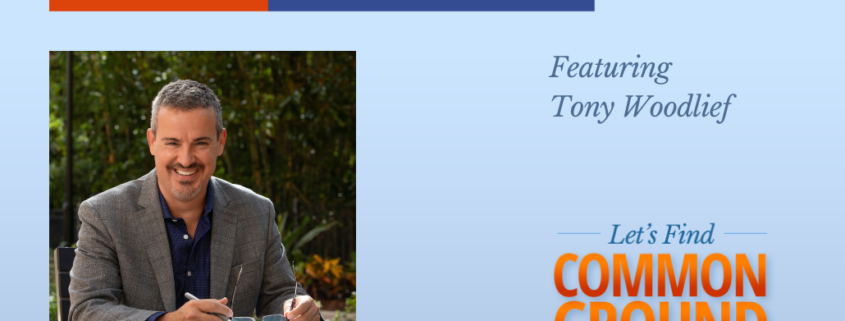
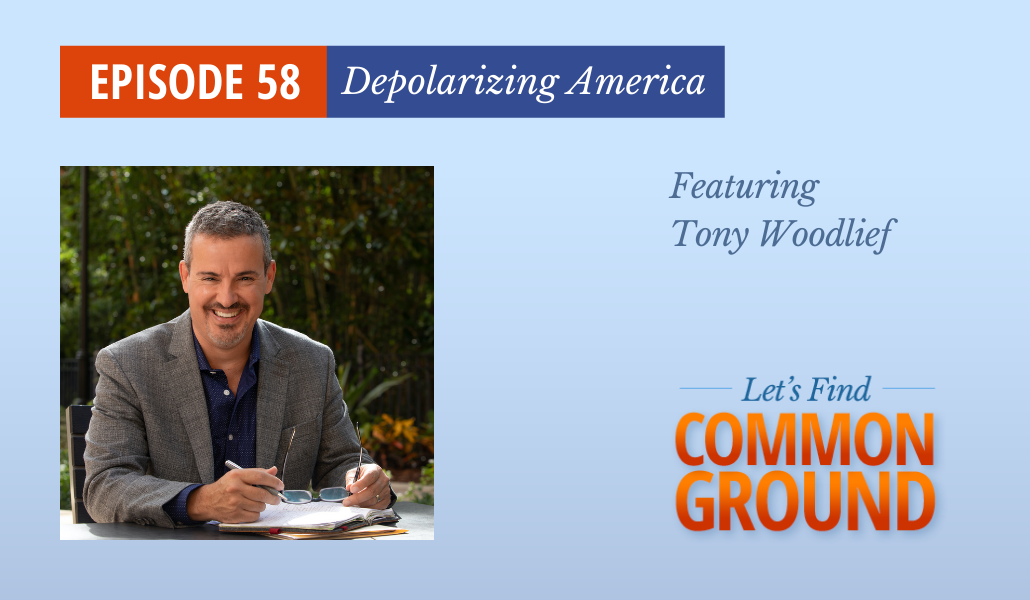
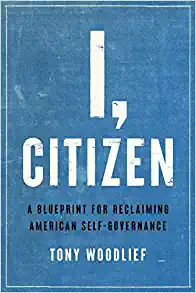
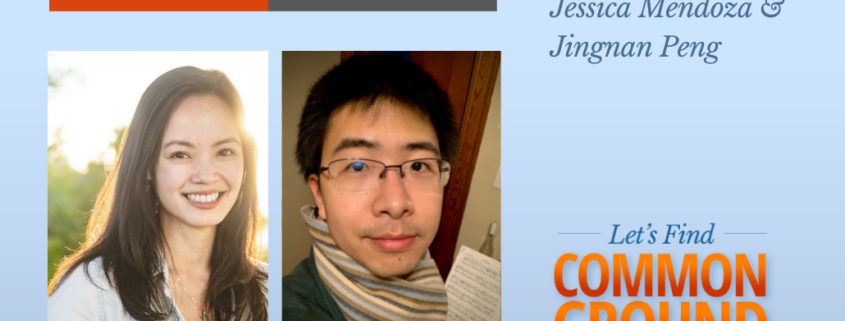
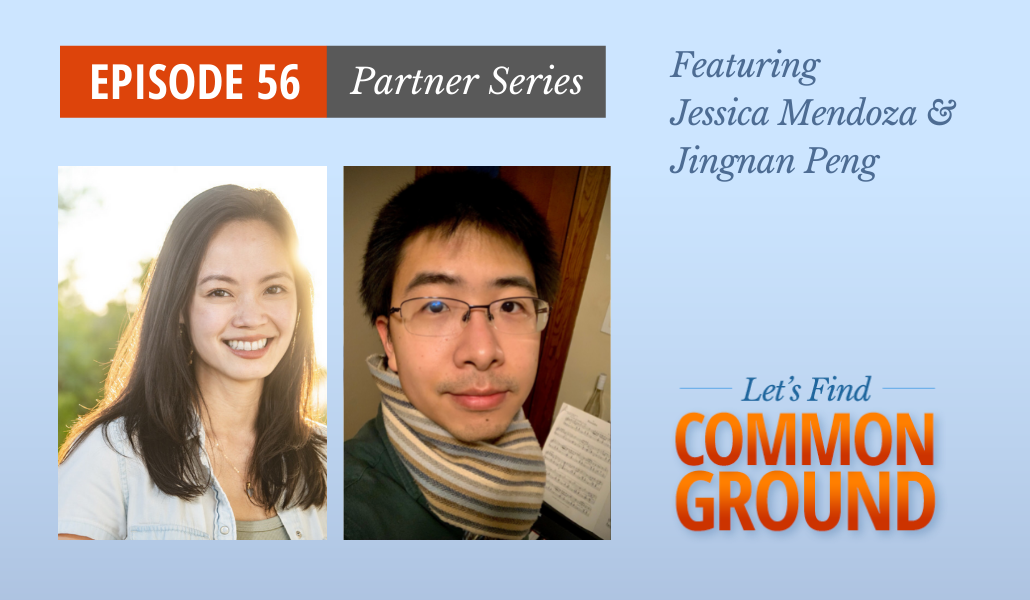
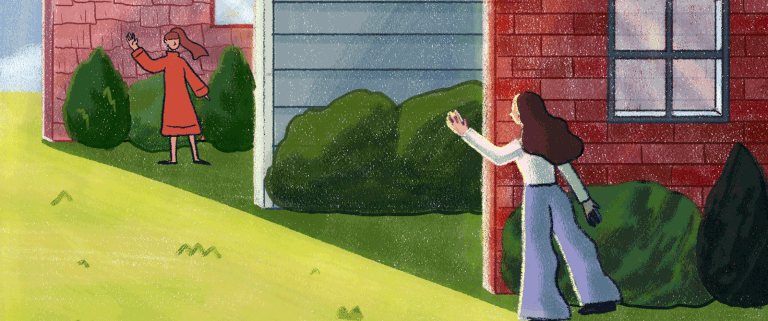
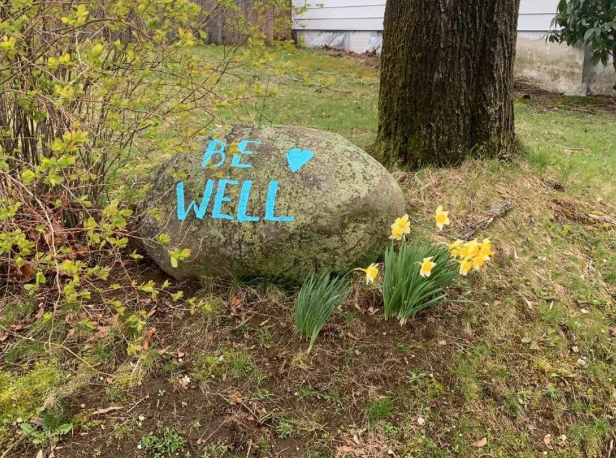
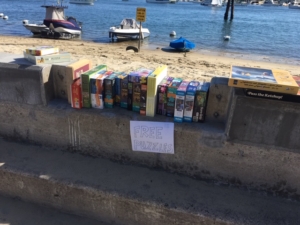 I am a fan of jigsaw puzzles, and they were stacked and stashed in multiple nooks and crannies in our beach house. I sorted them by size and theme and they are now impeccably organized – PLUS I gave away twenty two of them. I set them out on the seawall with a sign that said “Free Puzzles,” and passersby helped themselves to all but three (and I have since found homes for two of those).
I am a fan of jigsaw puzzles, and they were stacked and stashed in multiple nooks and crannies in our beach house. I sorted them by size and theme and they are now impeccably organized – PLUS I gave away twenty two of them. I set them out on the seawall with a sign that said “Free Puzzles,” and passersby helped themselves to all but three (and I have since found homes for two of those).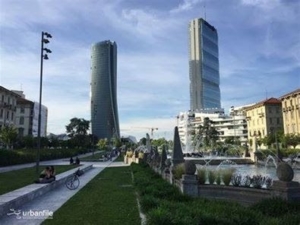 I attached a picture of the area where I live, modern and old, not too old :)) 1800s buildings. The skyscraper on the left was designed by Zaha Hadid, and on the right by japanese architect Isosaky and the third which is not in the picture is by Libeskind. I also attached the most recent video I could find of the area fairly updated. I live in the one old house turn of the century near the new ones. ~ Milano, Italy
I attached a picture of the area where I live, modern and old, not too old :)) 1800s buildings. The skyscraper on the left was designed by Zaha Hadid, and on the right by japanese architect Isosaky and the third which is not in the picture is by Libeskind. I also attached the most recent video I could find of the area fairly updated. I live in the one old house turn of the century near the new ones. ~ Milano, Italy
